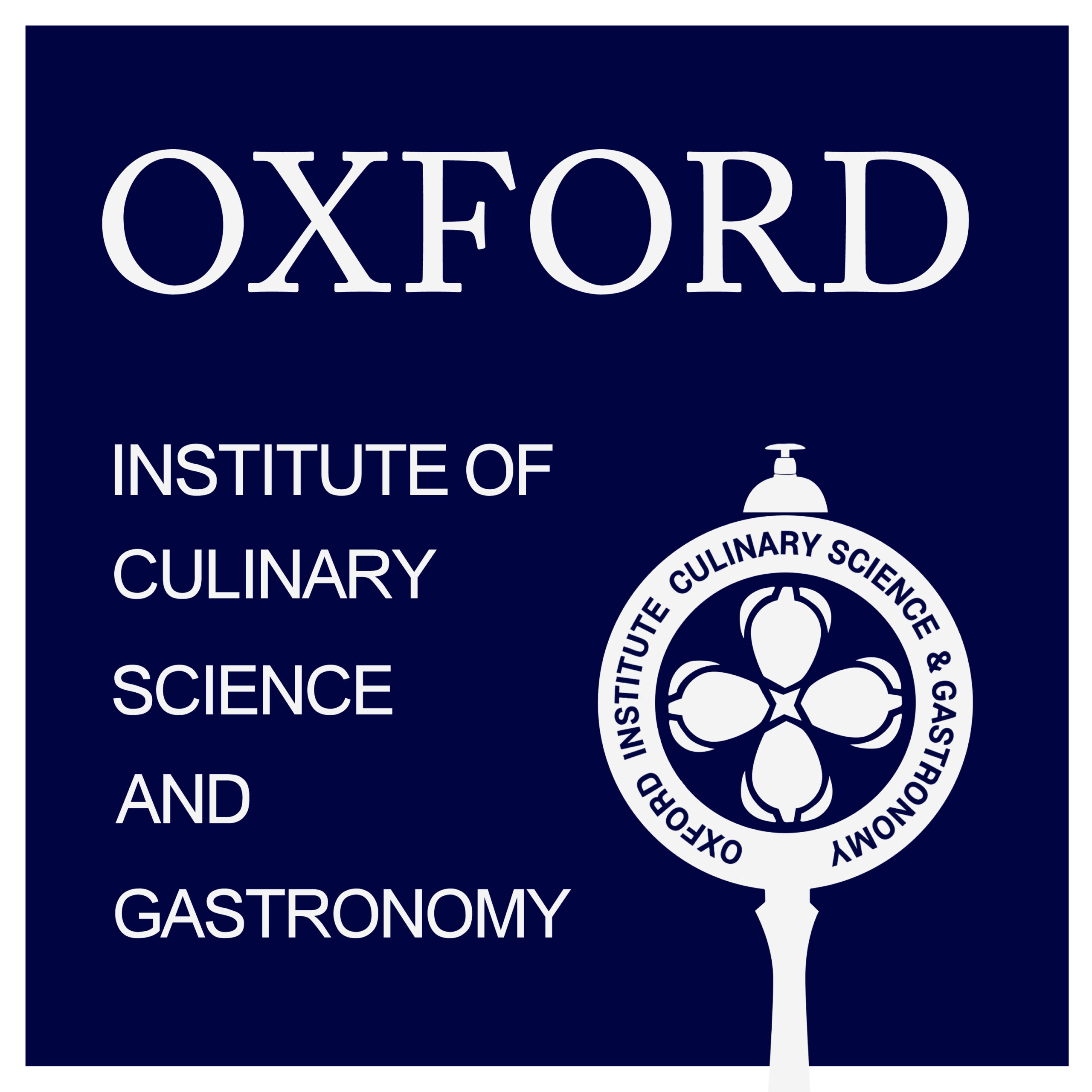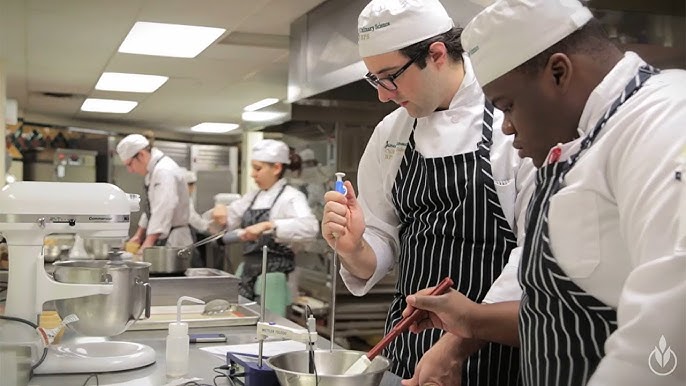Associate Degree in Gastronomic Communication
Oxford Institute of Culinary Science & Gastronomy – Year Two Curriculum
Overview:
The second year focuses on developing communication skills in gastronomy, including advanced studies in food media, critique and review, sensory marketing, and international food communication. The program features practical activities such as content production workshops, group projects, and specialized internships in food media or restaurant communications departments. This year serves as a bridge between foundational knowledge and professional skills in gastronomy and culinary innovation.
| Section | Description |
|---|---|
| Program Title | Associate Degree in Gastronomic Communication |
| Duration | 2 Terms (12 months: 6 months theory + 6 months practicum) |
| Format | Hybrid (Online, On-Campus, Workshops, Field Visits, Internship) |
| Level | Year 2 / Specialized – Gastronomic Communication |
| Certification | Associate Degree from Oxford Institute |
| Prerequisite | Successful completion of Year 1 (Diploma in Gastronomy) |
| Outcome | Eligible for Year 3: Bachelor in Gastronomic Innovation |
Term 1 — Weekly Curriculum (12 Weeks)
| Week | Module Title | Topics Covered |
|---|---|---|
| 1 | Foundations of Gastronomy | Historical evolution, cultural gastronomy, food symbolism, culinary anthropology |
| 2 | Food & Society | Food rituals, identity, taboos, sociopolitical impact of cuisine |
| 3 | Taste & Aesthetics | Philosophy of taste, plating theory, multisensory dining, experiential design |
| 4 | Ingredients & Terroir | Local sourcing, food origin, terroir, traditional vs. modern ingredients |
| 5 | Global Culinary Traditions | Regional cuisines, migration impact, fusion gastronomy |
| 6 | Gastronomy & Technology | Modernist cuisine, equipment, digital gastronomy, AI/VR in dining |
| 7 | Food Communication | Menu semiotics, storytelling, gastrojournalism, culinary branding |
| 8 | Gastronomy & Sustainability | Ethical sourcing, food waste, circular gastronomy, biodiversity |
| 9 | Sensory Experience & Psychology | Taste-memory links, expectation, atmosphere, emotion in eating |
| 10 | Food Design & Innovation | Culinary prototyping, product storytelling, guest experience design |
| 11 | Research Preparation | Research questions, gastronomy field methods, interview & observation techniques |
| 12 | Final Theory Review + Exam | Comprehensive knowledge check & discussion-based oral review |
Term 1 Learning Outcomes
Understand gastronomy as a multidisciplinary, cultural, and sensory field
Analyze food beyond technique: history, meaning, sustainability, and innovation
Communicate food concepts through visual, written, and narrative formats
Prepare to conduct gastronomy-focused field research and academic inquiry
Diploma in Gastronomy – Term 2
Duration: 12–14 Weeks
Internship Placement
| Component | Details |
|---|---|
| Duration | Minimum 100–120 hours |
| Settings | Restaurant kitchen, food lab, test kitchen, sustainable food initiative, culinary event |
| Included | Weekly task log, mentor feedback, reflection journal, attendance report |
Research & Report Project
| Component | Description |
|---|---|
| Topic Selection | Chosen from Term 1 subject (e.g., fermentation, ingredient reactions, food rituals) |
| Methodology | Observational or experimental (e.g., cooking variables, sensory feedback) |
| Data Collection | Via internship + structured testing at home or in lab |
| Final Report | 1500–2000 words including visual material, charts, references |
| Oral Presentation | 10-minute recorded or live presentation (can include slides or demo) |
| Portfolio Submission | Full project report + internship log + 2 signature recipe documentations (with rationale) |
🔹 Term 2 Learning Outcomes
Apply theoretical knowledge in a real-world culinary or gastronomic setting
Conduct basic research rooted in culinary science and cultural studies
Present findings in a clear, academic, and professional format
Demonstrate reflective learning and practical growth in culinary environments
Final Certification (Year 1)
Diploma in Gastronomy
Official Transcript with Module Grades
Internship Completion Letter (Mentor Signed)
WRID™ Certification Code (optional; for students submitting food documentation in WRID system)



